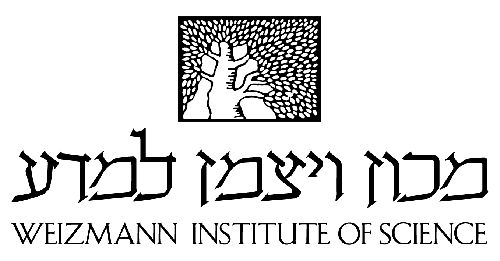Abstract:Relapsed or refractory mantle cell lymphoma (R/R MCL) remains difficult to treat, with outcomes dependent on the treatment regimen and remission duration after first‐line therapy. Several non‐chemotherapeutic regimens are under evaluation in R/R, but few studies report long‐term outcomes. In this study, we present the long‐term outcomes of the 50 patients treated with ibrutinib, lenalidomide, and rituximab (IR2) in the Nordic Lymphoma Group MCL6 Philemon phase 2 trial. Survival outcomes were compared with a matched cohort from the Swedish MCLcomplete study. After 5 years, 14 patients (28%) remained relapse‐free, including one with a TP53 mutation. The median progression‐free survival (PFS) was 17.4 months, with the longest PFS of 8.1 years. Thirty‐two patients had died, primarily from MCL (72%). Poorer survival was associated with intermediate or high‐risk Mantle Cell Lymphoma International Prognostic Index and impaired health‐related quality of life (HRQoL). While TP53 mutations (n = 11) did not significantly impact survival, a trend toward poorer outcomes was observed in multivariable Cox regression analyses (PFS hazard ratio: 2.09, 95% confidence interval: 0.95–4.62, p = 0.068). The IR2 regimen demonstrated superior survival compared to the MCLcomplete cohort both before and after matching. In conclusion, this study highlights the role of non‐chemotherapeutic agents in R/R MCL and demonstrates the prognostic impact of HRQoL on overall survival. Although IR2 showed initial activity in TP53‐mutated patients, it did not completely overcome their poor prognosis. However, the IR2 regimen may serve as a bridge to allogeneic stem cell transplantation or chimeric antigen receptor T‐cell therapy.






